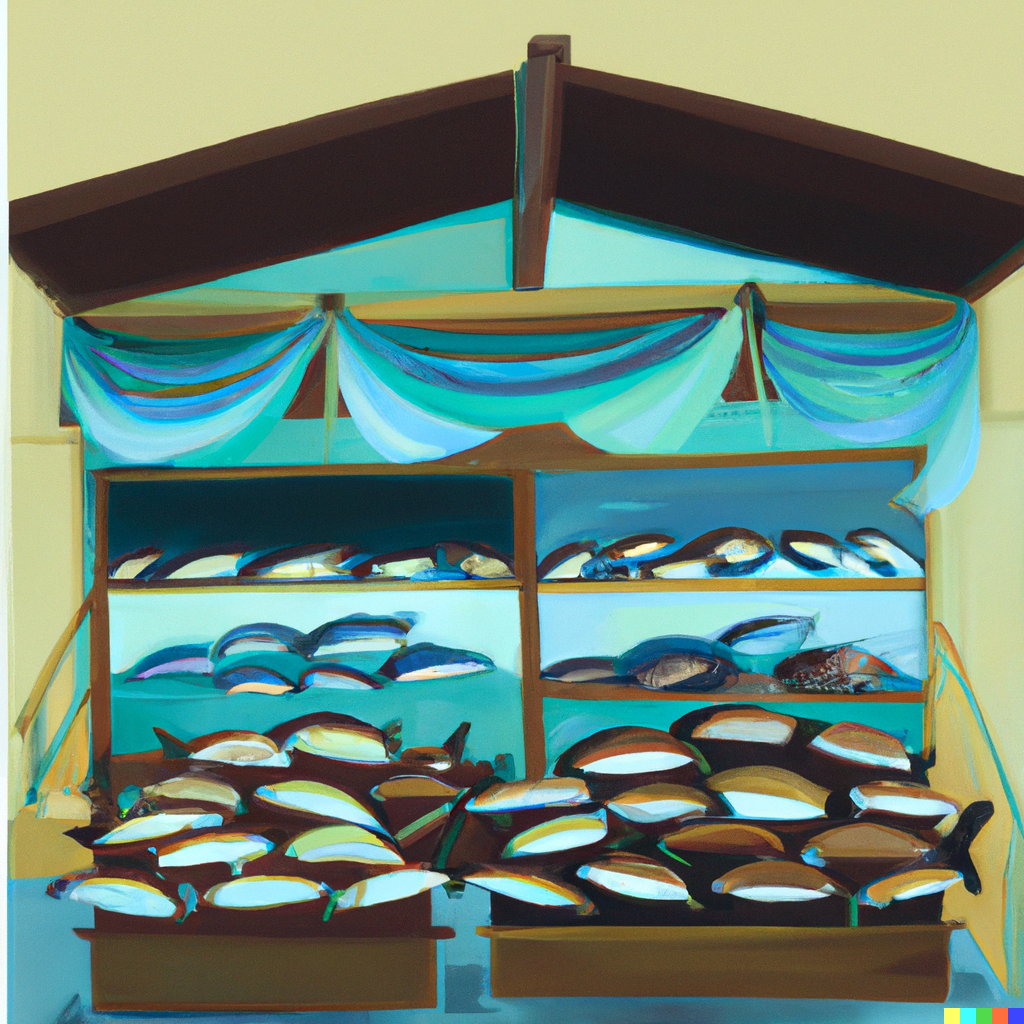
President Marcos Lauds Senate Ratification of Regional Comprehensive Economic Partnership despite farmer and fisherfolks' outcry
Share
The Senate's ratification of the Regional Comprehensive Economic Partnership (RCEP) has sparked controversy and public outcry from farmers and fisherfolk. However, President Marcos, who is concurrently the Agriculture Secretary, praised the ratification as an opportunity to provide economic development and growth to the Philippines. The RCEP is a free trade agreement between members of the Association of Southeast Asian Nations (ASEAN) and their FTA partners Australia, China, Japan, New Zealand, and Korea. It has a combined population of 2.3 billion, which is equivalent to 30% of the world's population, and a total Gross Domestic Product of around $38,813 billion or 30% of the global GDP.
Farmers and fisherfolk, however, have expressed concerns over the potential negative effects of RCEP on their livelihoods. They urge Marcos to implement support programs that would mitigate the negative impacts of importation liberalization, which would threaten their long-neglected sector. The Federation of Free Farmers (FFF) called on the President to meet directly with farmers, fishers, and other agriculture stakeholders to address their fears and spell out his administration's support for the sector. The FFF expressed initial skepticism over the supposed "guidelines" that the Senate has issued to help the agriculture sector meet the challenges of RCEP.
Meanwhile, agriculture groups expressed their dismay with the resolution's concurrence, urging the senators to be more transparent and more cautious in their approval of the RCEP. They insist that the Senate did not interface enough with those opposing RCEP to fully understand their concerns, and several laws meant to protect the agriculture sector have failed to do so.
For its part, the Department of Agriculture (DA) will continue to boost its support programs such as capacity building of farmers and fisherfolk. They plan to strengthen their program when it comes to capacity building to increase production or yield and improve market linkage and value-adding to make local produce more competitive in preparation for any other players in retail selling.
